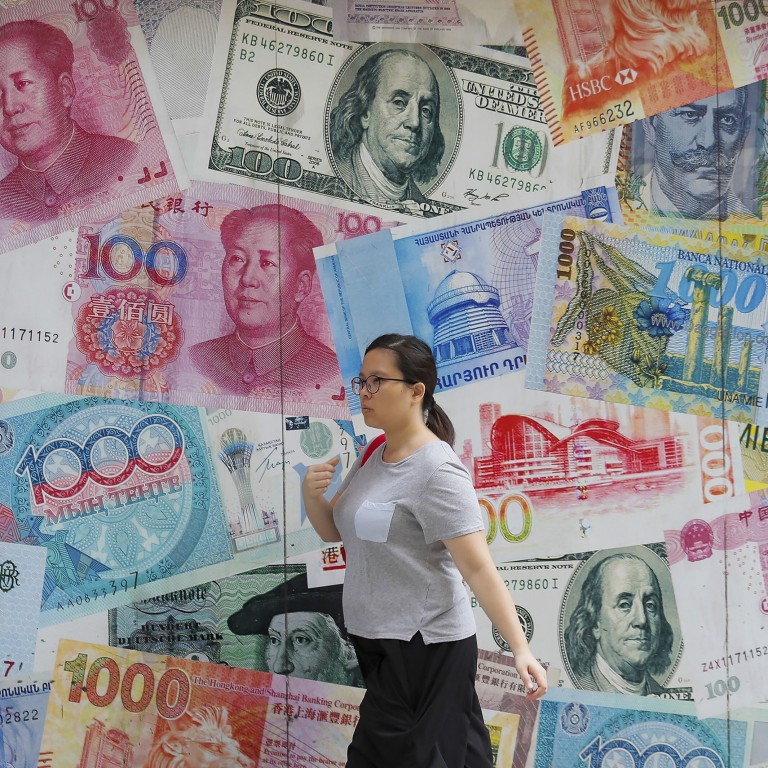
US tapering: China urged to make preparations for ‘spillover’ after Fed confirms tapering
- The Federal Reserve said on Wednesday it would start unwinding its pandemic stimulus, which could weaken China’s currency
- Although the decision was well telegraphed, analysts say China should be prepared to ‘counter’ unexpected consequences
China’s yuan appreciated slightly on Thursday, defying expectations it would weaken on imminent tapering from the US Federal Reserve, although Beijing has been warned to prepare for “possible spillover”.
“The Federal Open Market Committee (FOMC) statement is well in line with market expectations, and the financial market is overall stable,” said Wen Bin, chief analyst of China Minsheng Bank.
To counter possible spillover, China should maintain an independent monetary policy and make preparations with a more forward-looking approach
“To counter possible spillover, China should maintain an independent monetary policy and make preparations with a more forward-looking approach.
“The Chinese central bank may use a combination of policy tools, including reverse repo and medium-term lending facilities, to ensure a reasonably ample market liquidity, and use structural policy tools to guide the support for the real economy.”
The People’s Bank of China set yuan midpoint at 6.3964 per US dollar on Thursday, stronger than the previous fixing of 6.4079. The onshore exchange rate traded stronger at 6.3958 in the spot market.
The US dollar index, which has a negative correlation with the value of the yuan, dropped 0.2 per cent in the two previous trading days to 94 points, as the market factored in Powell‘s announcement.
Zhou Hao, a senior emerging markets economist with Commerzbank, forecast the yuan to weaken to 6.6 per US dollar by year-end, as the taper unfolds.
“When the forex market encounters extreme conditions, we should step in at an appropriate time to prevent one-way market expectations,” he wrote in an article on Sina.com on Thursday.
China’s commodities market has been hard hit since the announcement, with the most active crude oil futures contracts, delivered in December, falling 3.4 per cent to 510 yuan per tonne on Thursday. Rebar futures due to be delivered in January traded 3.3 per cent lower at 4,193 yuan per tonne.
Cheng Shi, chief economist of ICBC International, the investment bank arm of China’s largest state-owned bank, attributed market calmness to the Federal Reserve’s constant communication over its tapering path.
However, he warned the US central bank had obviously misjudged a series of indicators including economic growth, inflation and labour market conditions this year.
“Our review of the FOMC minutes in the past five years found the Fed actually didn’t endeavour to achieve the goals of inflation control or full employment,” he said in a research note.
[The Federal Reserve’s] misjudgments may pose dangers to either the American economy or global markets
“It seems not prudent during the radical macroeconomic changes, and also neglects the long-term impact of the coronavirus pandemic on supplies.
“Its misjudgments may pose dangers to either the American economy or global markets.”
US inflation has stayed above 5 per cent for five straight months, including 5.4 per cent in September.
China International Capital Corporation, a leading investment bank, also believes US inflation will last into the second half of next year, or even longer.
“The supply restraints, from chip shortages, port congestion and labour shortages, are not as easy to solve as what Powell described,” it said.

